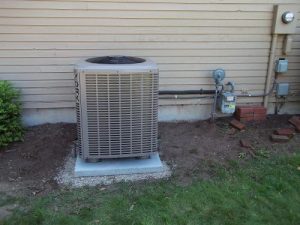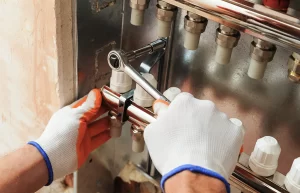It’s that time of year. With Spring officially just around the corner, daylight savings time went back into effect this past weekend. If you didn’t remember to set your clocks ahead an hour Saturday night or Sunday morning, you probably have by now.
With these biannual time changes come some important reminders for homeowners. Changing the batteries on smoke detectors and carbon monoxide detectors is a crucial step toward ensuring the safety of you, your family and other home residents. The batteries in smoke detectors should be changed every six months, which is why the beginning and end of daylight savings time are perfect opportunities to set reminders to do so. According to the U.S. Census Bureau’s American Housing Survey, only three out of four homes reported they changed the batteries in their smoke alarms in the last six months. We highly encourage you to remember to do so.
Furthermore, and perhaps more often forgotten than the battery changes, it’s extremely important to remember that sensors in carbon monoxide detectors don’t typically last as long as smoke detectors. The sensors in carbon monoxide detectors are only designed to last 2-3 years on average. Maintaining working carbon monoxide detectors is something extremely important, yet something not all homes do. While about 95 percent of U.S. homes report having at least one working smoke alarm, only 42 percent report having a working CO alarm based on 2011 U.S. Census Bureau data. As a reminder, it’s suggested that carbon monoxide detectors (like smoke alarms) should be placed on every floor in the home and outside all sleeping areas.
If it’s been more than 3 years since you replaced your carbon monoxide detector, contact BelRed today and ask about our low-level CO detectors. These models provide the best protection available for you and your loved ones, along with a long-lasting 5-year sensor.
Don’t forget to change the batteries in all of your smoke and carbon monoxide detectors and make sure they are all in working condition. Please keep your home safe for you and your loved ones. Once you do, enjoy that extra hour of sunlight!







